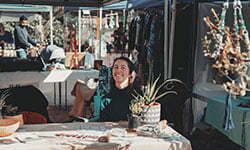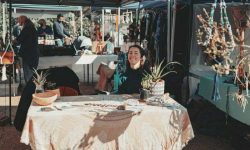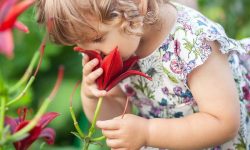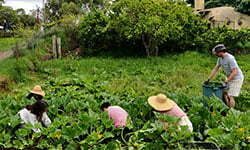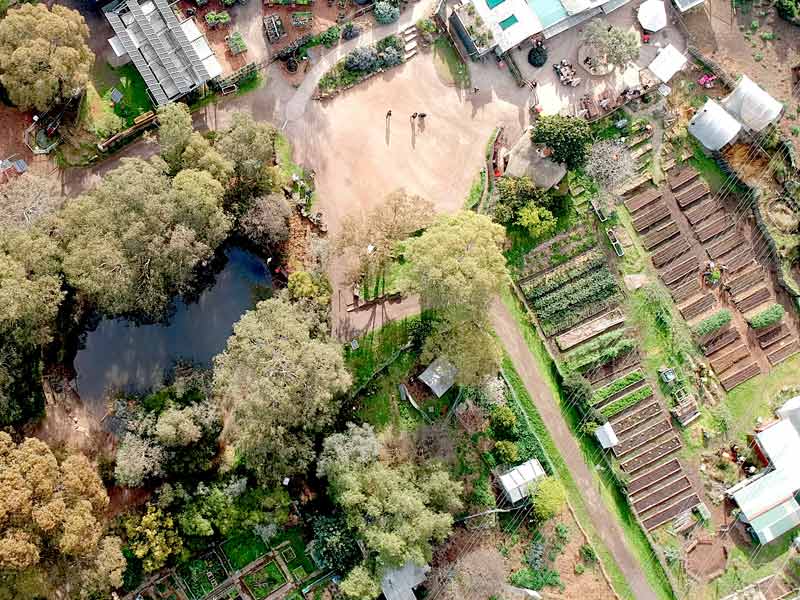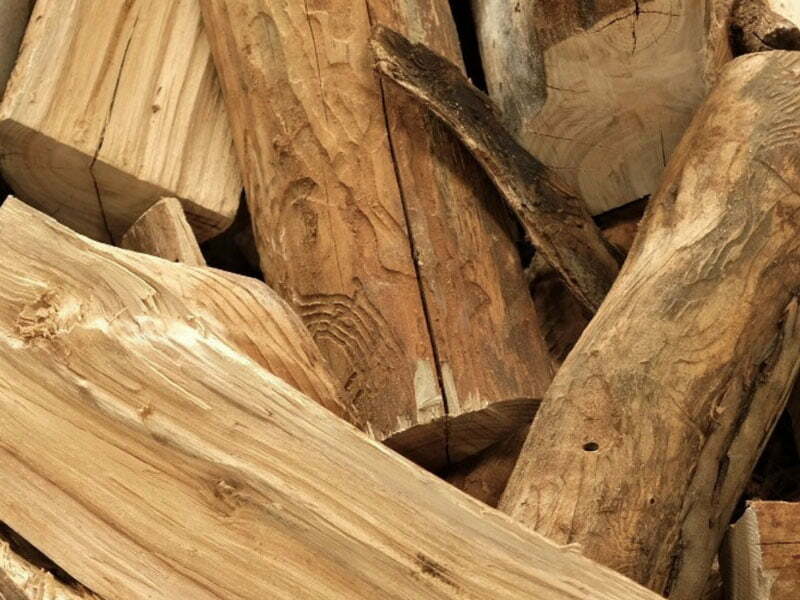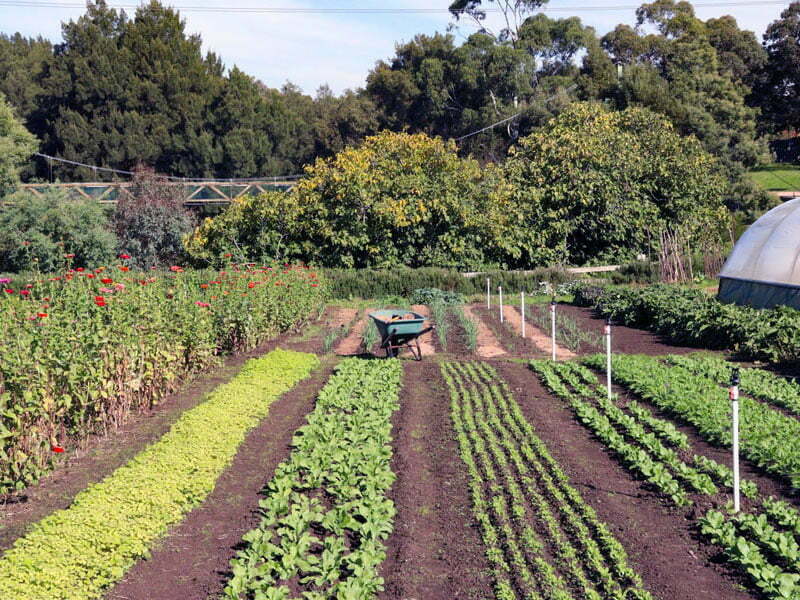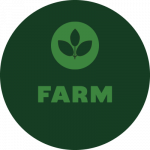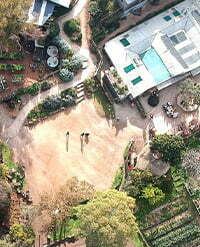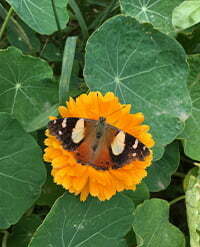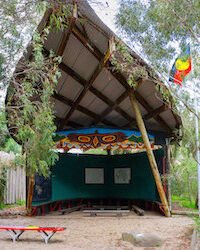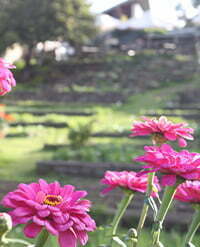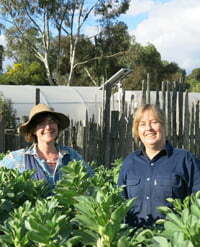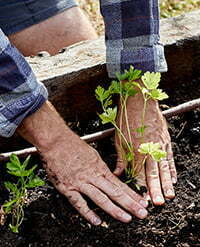For thousands of years the Wurundjeri people lived on the land where CERES (pronounced ‘series’) now stands. The Merri Creek was a focus of their lifestyle, a place to swim and play and a vital source of food.
Following the European invasion, the Victorian gold rush and the growth of Melbourne city, the site was quarried for bluestone then turned into a landfill site for household and construction waste. As industry moved in the water became polluted and the trees and wildlife disappeared.
In 1982, a small group of people in the local area approached the then-Brunswick (now Moreland) Council about making use of the land to grow vegetables and make compost as part of a “work-for-the-dole” program. Explorations in alternative technology quickly followed, and shortly afterwards, invitations for school kids to learn about these emerging programs in green technology, recycling and organic farming.
Along with Merri Creek Management Committee and Friends of Merri Creek, CERES and volunteers planted hundreds of trees and shrubs and lobbied governments to clean up the creek. In 1994, after 12 years of remediation work, kingfishers returned to nest along the banks of the creek, having been absent for many years.
Now, CERES is an award-winning community place that is visited by people from around the world who want to understand how this place has come to be, and how they can take some of the ingredients back to their own places. We think the key ingredient is love for each other and the Earth.
Click here to find out more about our history.

